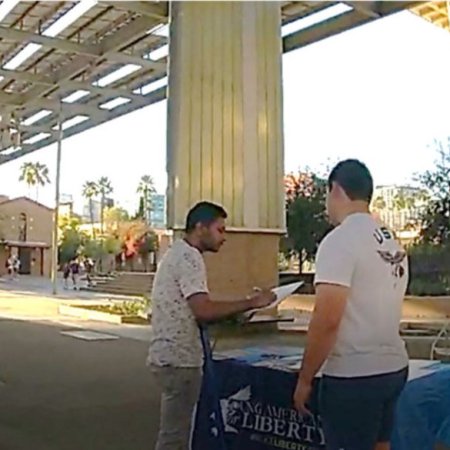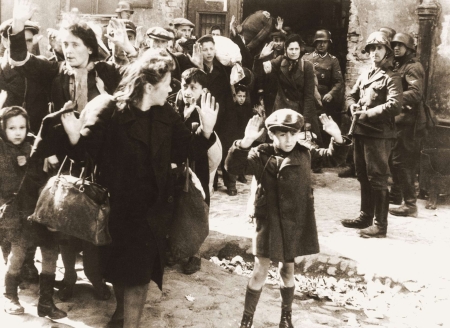Pushback: California loses big for trying to force churches to violate their religious beliefs

Mary Watanaba, head oppressor
in California’s health system
They’re coming for you next: After California health authorities in 2014 imposed a mandate requiring requiring churches to provide elective abortion coverage to its employees, four churches sued, and after a long court battle, have now won a $1.4 million settlement.
Alliance Defending Freedom [ADF] attorneys represent Skyline Wesleyan Church, located in the San Diego area, in one federal lawsuit, and Foothill Church in Glendora, Calvary Chapel Chino Hills in Chino, and The Shepherd of the Hills Church in Porter Ranch in another. Both lawsuits challenged California’s abortion-coverage mandate. In both cases, the courts ruled that the U.S. Constitution protects the churches’ freedom to operate according to their religious beliefs, which include their belief in the sanctity of unborn lives.
The rulings in both lawsuits (here and here [pdfs]) not only release the churches from the illegal abortion mandate, they both require payments to ADF and the church’s local attorneys to pay all legal costs. Interesting, in both lawsuits Mary Watanabe, the director of the California Department of Managed Health Care (DMHC) was named, and in one case she was the only defendant. Unfortunately, she walks away unharmed, because DMHC will pay for everything, out of tax dollars.
What made the mandate especially egregious is that it was written in league with officials at Planned Parenthood and the ACLU, as shown by emails [pdf] between DMHC and those officials. » Read more

Mary Watanaba, head oppressor
in California’s health system
They’re coming for you next: After California health authorities in 2014 imposed a mandate requiring requiring churches to provide elective abortion coverage to its employees, four churches sued, and after a long court battle, have now won a $1.4 million settlement.
Alliance Defending Freedom [ADF] attorneys represent Skyline Wesleyan Church, located in the San Diego area, in one federal lawsuit, and Foothill Church in Glendora, Calvary Chapel Chino Hills in Chino, and The Shepherd of the Hills Church in Porter Ranch in another. Both lawsuits challenged California’s abortion-coverage mandate. In both cases, the courts ruled that the U.S. Constitution protects the churches’ freedom to operate according to their religious beliefs, which include their belief in the sanctity of unborn lives.
The rulings in both lawsuits (here and here [pdfs]) not only release the churches from the illegal abortion mandate, they both require payments to ADF and the church’s local attorneys to pay all legal costs. Interesting, in both lawsuits Mary Watanabe, the director of the California Department of Managed Health Care (DMHC) was named, and in one case she was the only defendant. Unfortunately, she walks away unharmed, because DMHC will pay for everything, out of tax dollars.
What made the mandate especially egregious is that it was written in league with officials at Planned Parenthood and the ACLU, as shown by emails [pdf] between DMHC and those officials. » Read more















